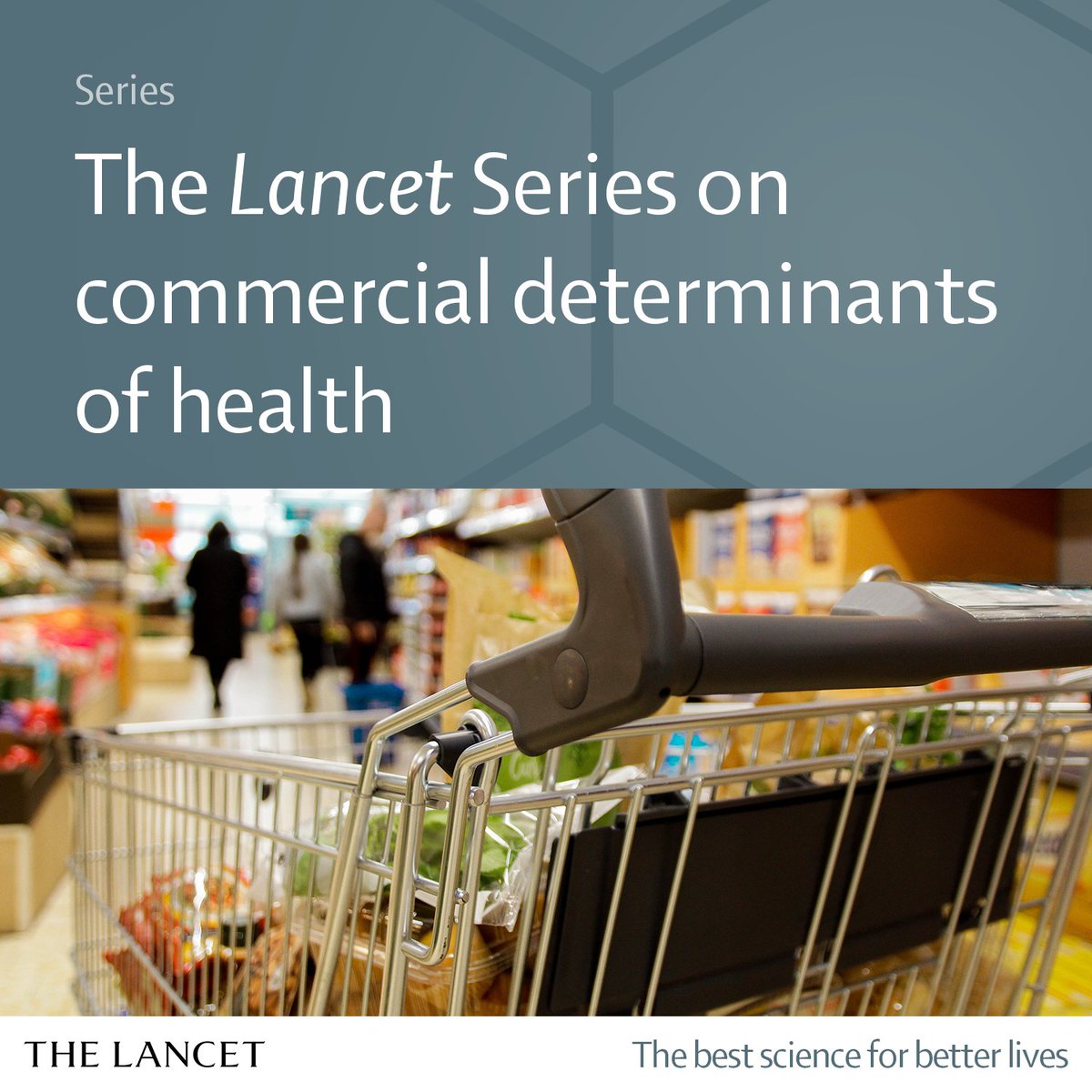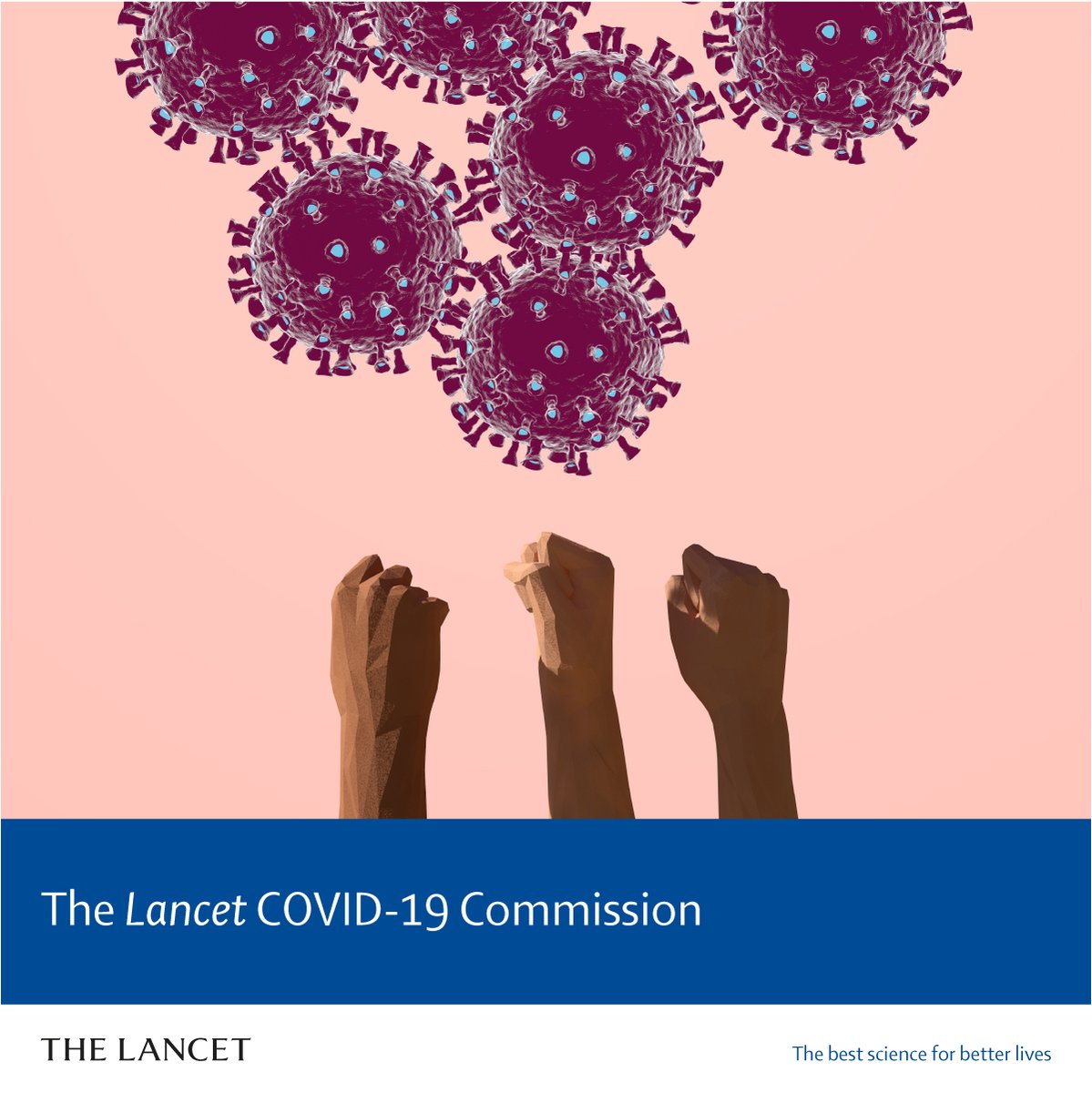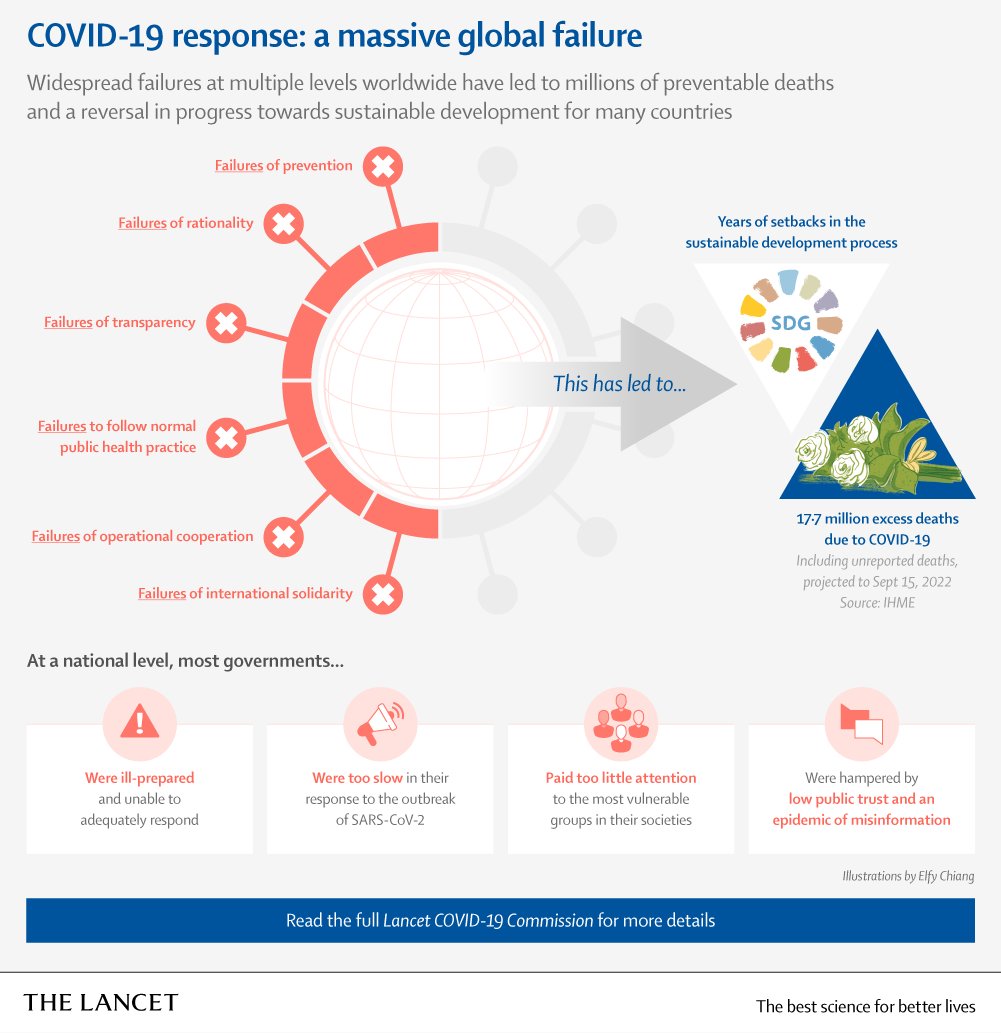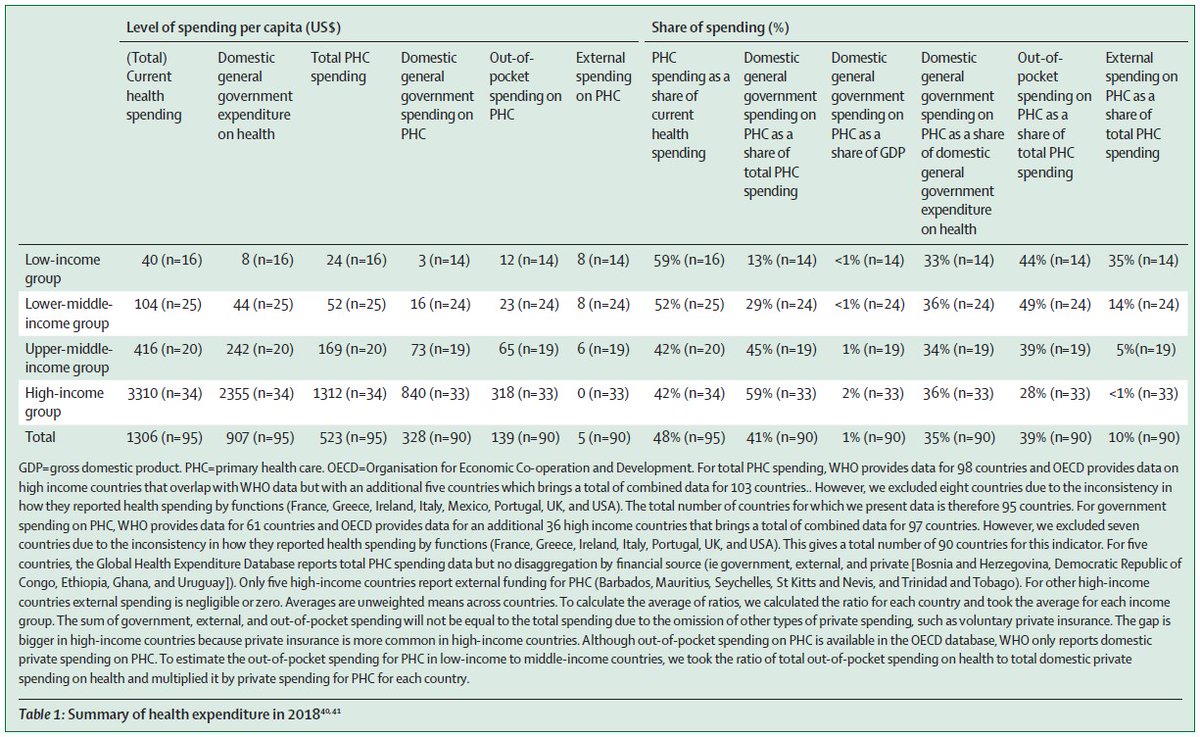New research mapping global trends in vaccine confidence across 149 countries between 2015-19 & based on data from over 284,000 adults surveyed about their views on whether vaccines are important, safe and effective, reveals vaccine hesitancy hotspots hubs.li/H0w0gKb0
Findings from largest study of global vaccine confidence to date finds that although confidence remains low across Europe, there are signs that it is increasing for much of Europe, including France hubs.li/H0w0gKb0 

Largest global vaccine confidence survey suggests that overall confidence in vaccines—including safety, effectiveness, and importance—fell in Indonesia 🇮🇩, the Philippines 🇵🇭, Pakistan 🇵🇰, and South Korea 🇰🇷 between Nov 2015 and Dec 2019 hubs.li/H0vXTbc0 

Public trust in immunisation is an increasingly important global health issue
🌎💻 Interact with data from the largest global vaccine confidence survey showing how perceptions about vaccine safety, importance, & efficacy have changed from 2015 to 2019
➡️thelancet.com/infographics/v…
🌎💻 Interact with data from the largest global vaccine confidence survey showing how perceptions about vaccine safety, importance, & efficacy have changed from 2015 to 2019
➡️thelancet.com/infographics/v…

Six countries show significant increases in % of survey respondents strongly disagreeing vaccines are safe: Azerbaijan 🇦🇿, Afghanistan 🇦🇫, Indonesia 🇮🇩, Nigeria 🇳🇬, Pakistan 🇵🇰 & Serbia 🇷🇸—mirroring trends in political instability & religious extremism hubs.li/H0vXTbc0 
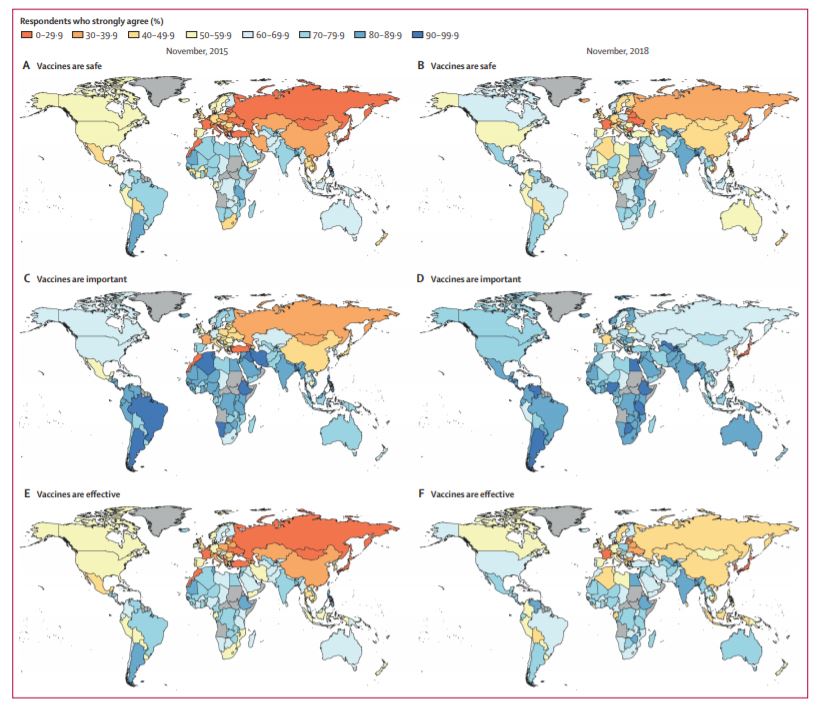
"Vaccines have a remarkable safety record, based on rigorous processes of phased randomised controlled trials & on licensure requirements, which have ensured that the benefits of vaccination outweigh the risks"
Linked Comment from D A Salmon & M Z Dudley
hubs.li/H0w7mr80
Linked Comment from D A Salmon & M Z Dudley
hubs.li/H0w7mr80

Researcher Profile—Heidi Larson (@ProfHeidiLarson), Director, The Vaccine Confidence Project @vaccine_trust & Professor at @LSHTM: shifting the conversation about vaccine confidence hubs.li/H0w8W1m0
• • •
Missing some Tweet in this thread? You can try to
force a refresh



